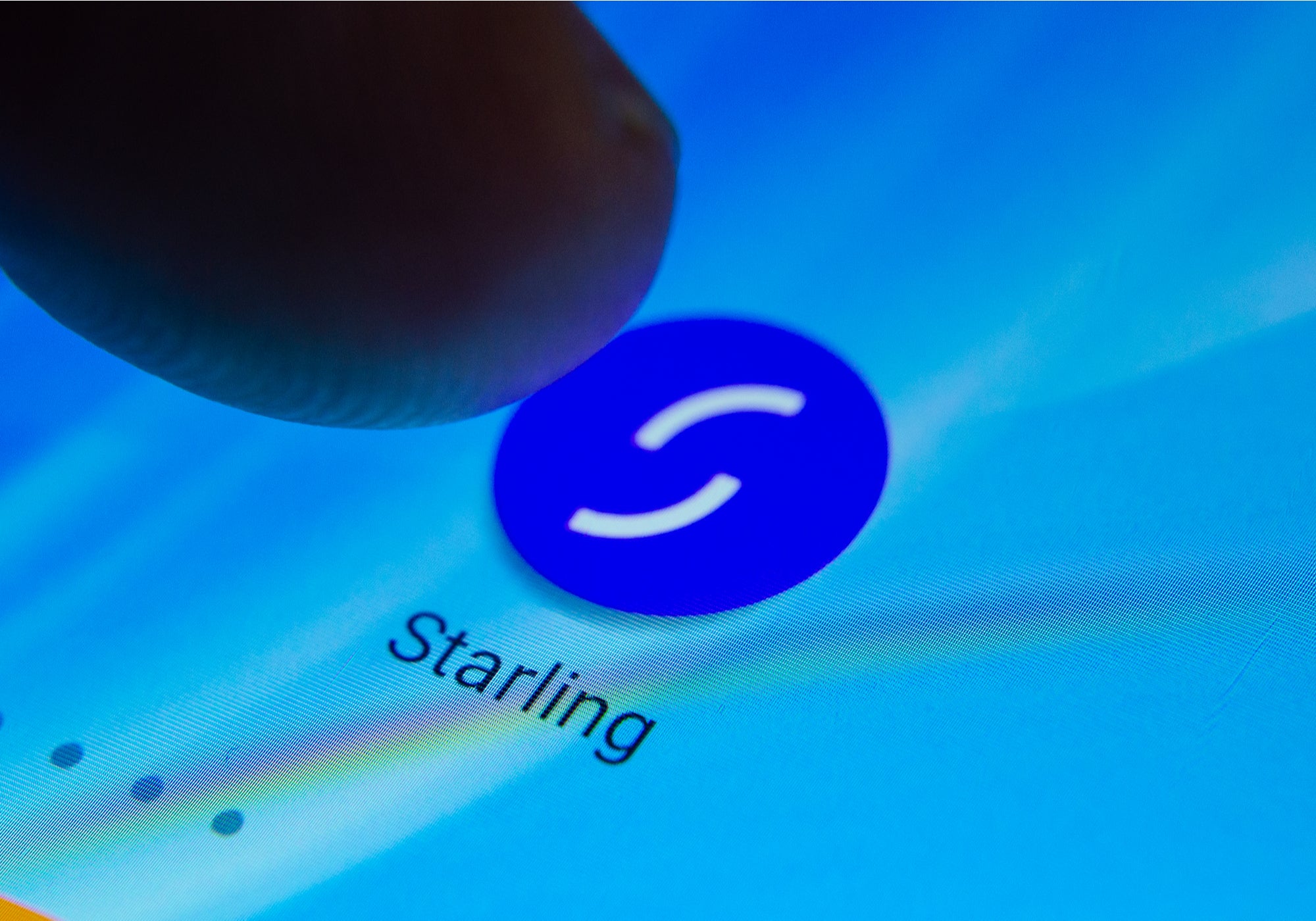
Challenger bank Starling has raised £40m in its latest funding round, with the cash being used to fuel its growth and provide assistance to small business customers during the coronavirus pandemic.
It brings Starling’s total funding for this year to £100m after it secured £60m in February.
The latest funding round was by venture capital firms JTC and Merian Chrysalis Investment Company Limited.
Since its launch in 2014 the UK bank has raised £363m in total.
Starling is one of many digital banks seeking to lure customers from traditional financial institutions, with Monzo, Revolut and Monese all offering mobile-only banking services but each with their own niche.
Starling has targeted small and medium-sized enterprises (SMEs) in Europe and now holds a 2.6% share of the UK’s SME banking market.
Since launching the app in May 2017, the bank now has more than 1.4 million current accounts, with 155,000 of those belonging to businesses.
The bank now holds more than £2.4bn in deposits – a figure that has doubled in the past six months.
Anne Boden, founder and chief executive of Starling Bank, said: “This additional funding from our existing investors demonstrates their commitment both to Starling and to our small business and personal customers who need our support now more than ever.”
The bank said that it has seen an increase in sign-ups during the pandemic as more people turn to digital means during lockdown.
Earlier this month, Starling was able to step up its lending to SMEs via a collaboration for £300 million under the government-backed Coronavirus Business Interruption Loan Scheme.
While mobile-only banks have become increasingly popular in recent years, the high street banks still hold the lion’s share of current accounts.
Read more: Digital bank Bo closes: Inside RBS’s failed challenge to the challenger banks







